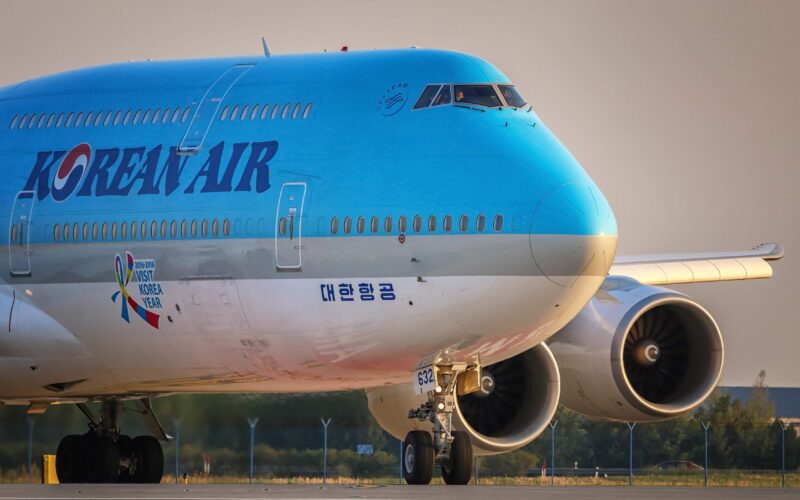Korean Air might need to spend an additional 600 billion won ($523 million) for its planned Asiana Airlines acquisition.
According to the Korean Herald, the biggest South Korean airline would need to pay a total of 2.4 trillion won ($2.1 billion) for the acquisition of the cash-strapped Asiana Airlines.
Korean Air aims to fully integrate Asiana Airlines by 2024, following a merger process that is set to officially begin in 2022, according to the president of Korean Air, Woo Kee-hong. Following the merger, the low-cost subsidiary would become “a top-level low-cost airline not only in Korea but also in Asia.”
Asiana’s integration into Korean Air would create a carrier that would operate around 60% of international routes out and into the country. This consolidation could help both airlines to have a competitive advantage over other airlines. Additionally, this acquisition is expected to contribute to strengthening the competitiveness of Seoul’s Incheon International Airport (ICN), which aims to become the representative aviation hub in Asia, according to the airline.
However, Korea’s FTC and other fair competition authorities across the globe could still challenge the merger, citing such a huge market share on the international market. Thus, it could be expected that Korean Air and Asiana Airlines would have to give up slots or traffic rights in ICN or other international airports.
On June 30, 2021, the biggest South Korean airline, Korean Air, got the green light from the Korean Development Bank (KDB) for the Asiana Airlines post-merger integration (PMI) plan with Korean Air.
Additionally, Korean Air still waits for approvals from five antitrust regulators, including South Korea, the United States, the European Union, China, and Japan, to proceed with the $1.6 billion deal to acquire the cash-strapped Asiana Airlines. In May 2021, Korean Air got overseas approval from Thailand’s fair competition authority and in February 2020, the airline received a green light from the Turkish Competition Authority.

